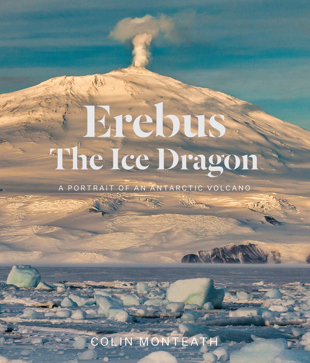Colin Monteath is a widely published polar and mountain photographer and writer based in Christchurch. He has spent 32 seasons in Antarctica, from 1973 to 1983 working as the field operations officer for the New Zealand Antarctic Research Programme at Scott Base with science parties, rescue teams and huskies. He has written and contributed to numerous books and maintains a polar, mountain and exploration reference library that is available to researchers, expedition planners and publishers. He also runs Barking Mad Books, a bookshop selling antiquarian material.
As the Field Operations Officer for the New Zealand Antarctic Research Programme during the 1970s and early 1980s, I attached myself to different field parties during each of my ten summers at Scott Base. This approach helped greatly to become a better administrator by improving my understanding of what scientists were trying to achieve, to appreciate new geography and to improve the logistic support and equipment needed to run a safe operation. I’ve now had 32 summer seasons in Antarctica, spanning 1973 to 2020, though, sadly, I have not wintered over.
Why a book specifically on Mount Erebus?
Erebus forms a spellbinding backdrop for all who work at Scott Base. The volcano looks friendly and benign from sea level yet working near the summit poses a unique set of challenges and dangers. As a mountain person, Erebus proved to be irresistible, hence my three expeditions associated with Kiwi geologist Dr Philip Kyle from Victoria University that culminated in going into the Inner Crater in 1978. In writing Erebus The Ice Dragon, I not only wanted to record the long human history of a very special volcano but I was determined to stimulate the next generation of Antarctic workers which is why I included the detailed science chapters plus the extensive bibliography and further reading as a starting point for young polar students.


